
- business@first-powersolar.com
- The World Centre, Sen. Gil J. Puyat Ave, Makati, Metro Manila
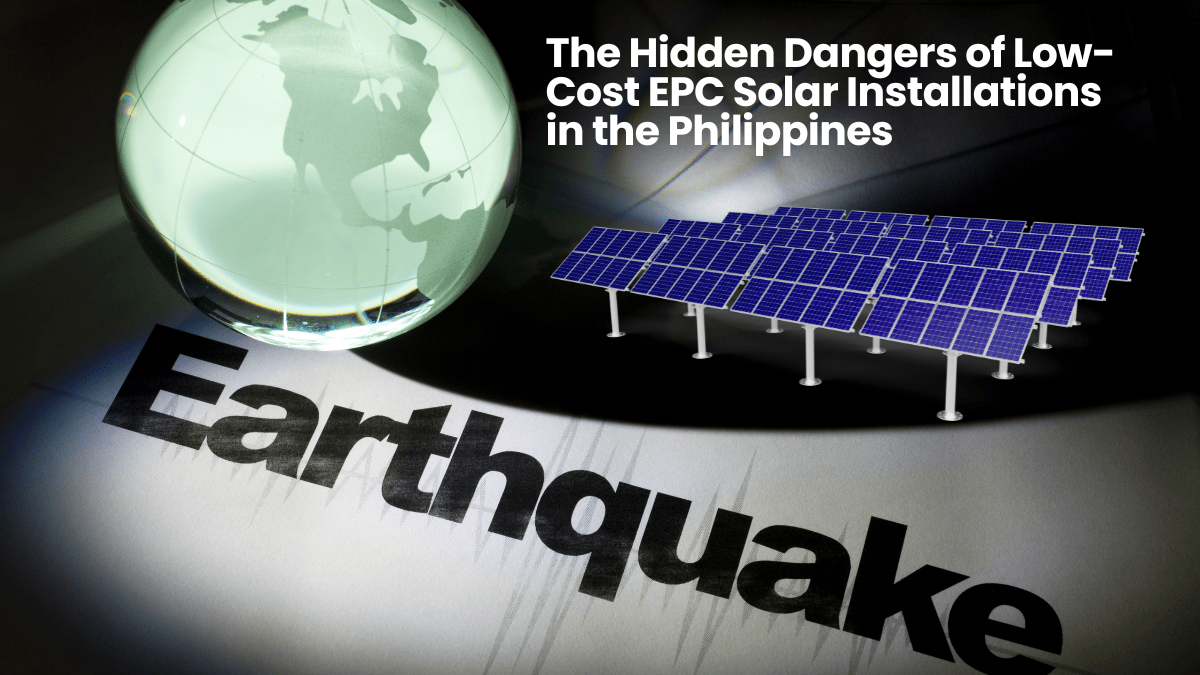

The shift to renewable energy is growing fast in the Philippines, with more businesses and homeowners installing solar panels to reduce electricity costs and carbon emissions. However, not all solar solutions are equal, particularly in terms of engineering, procurement, and construction (EPC) services. While low-cost EPC providers may seem attractive, they often come with hidden risks that can lead to expensive and irreversible damages, especially in a country as disaster-prone as the Philippines.
The Philippines experiences an average of 20 typhoons annually, with 8–9 making landfall. Some of these are classified as super typhoons, with wind speeds exceeding 200 kilometers per hour. Additionally, the country is located in the Pacific Ring of Fire, making it vulnerable to frequent earthquakes and volcanic activity.
According to data from earthquakelist.org, the Philippines experiences more than 800 measurable earthquakes annually. This combination of strong winds and ground shaking poses a serious threat to any structure that isn’t built to strict engineering standards—including solar panel systems.
Low-cost EPC services frequently strive to reduce expenses in order to provide more affordable pricing. Common tactics include
While these shortcuts reduce upfront installation costs, they significantly compromise the safety and lifespan of the solar system. In the event of a typhoon or earthquake, these systems are at high risk of collapse, detachment, or failure, leading to financial loss, safety hazards, and loss of power.
Typhoons tear apart solar installations every year due to poor engineering. Panels become airborne, support collapses, and systems shut down. Not only does this lead to damage to the panels themselves, but it can also pose serious danger to nearby people, buildings, and property.
Rebuilding after such damage is often pricier than doing the job right the first time.
A reliable EPC contractor will:
Choosing a quality EPC service may come with a higher upfront cost, but it is an investment in long-term savings, safety, and peace of mind.
Here are some tips to ensure you’re partnering with the right EPC provider:
At First Power Solar Inc., we prioritize quality, safety, and long-term performance. Our solar systems are engineered with the Philippines’ natural hazards in mind, using high-grade materials, secure supports, and expert installation practices.
We are committed to delivering cost-effective solar energy solutions without sacrificing structural safety. Our goal is to deliver cost-effective solar energy solutions without compromising on structural safety. With top-tier solar panels, energy storage, and professional EPC services, we help Filipino businesses save money while staying safe and sustainable.
While going solar is a smart move, choosing the wrong EPC partner can lead to disaster. In a country like the Philippines, where typhoons and earthquakes are part of life, it’s essential to prioritize quality over cost. Don’t let short-term savings turn into long-term losses.
Choose a reliable electrical and plumbing contractor who understands the risks—and builds to withstand them.

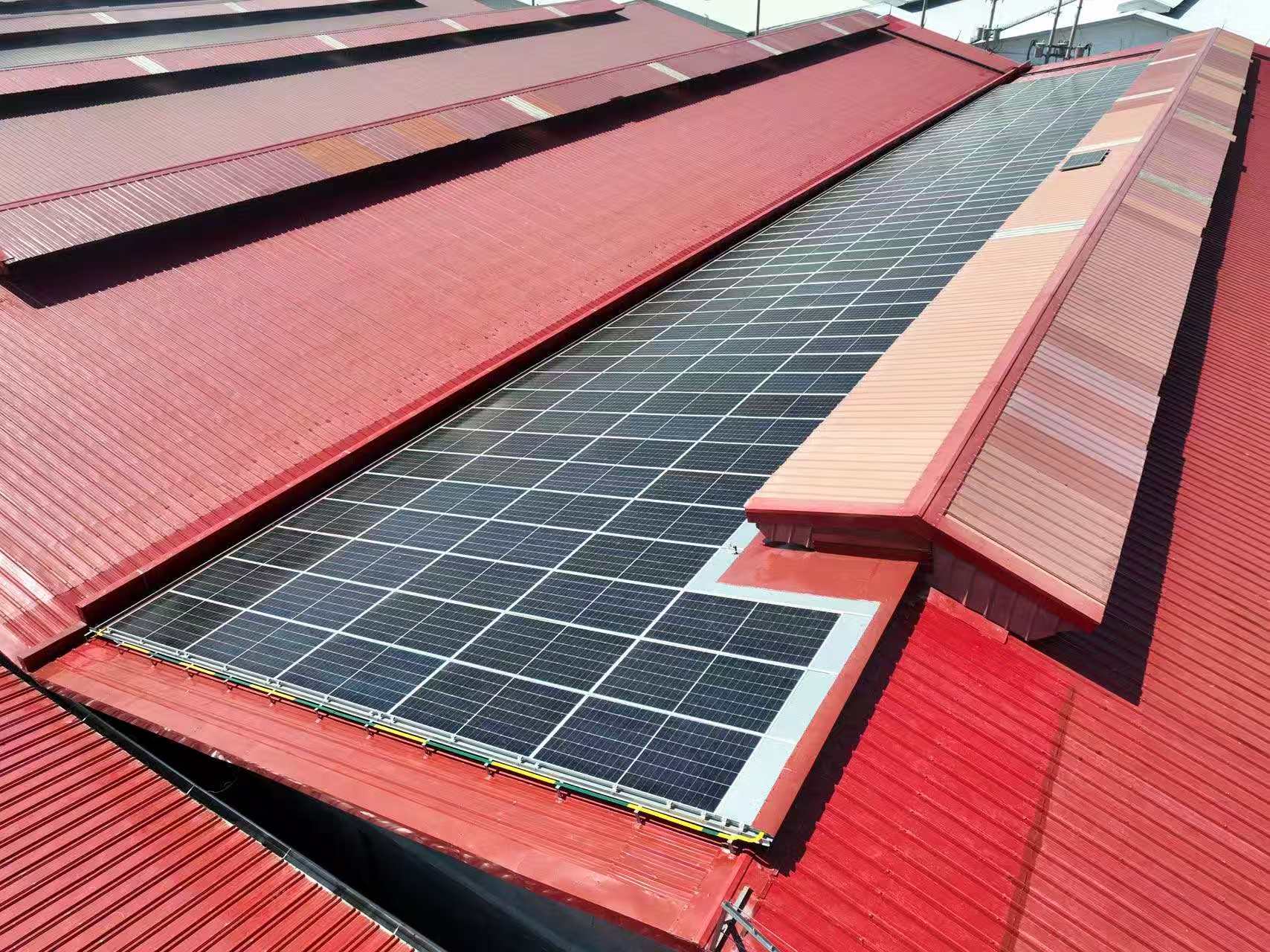
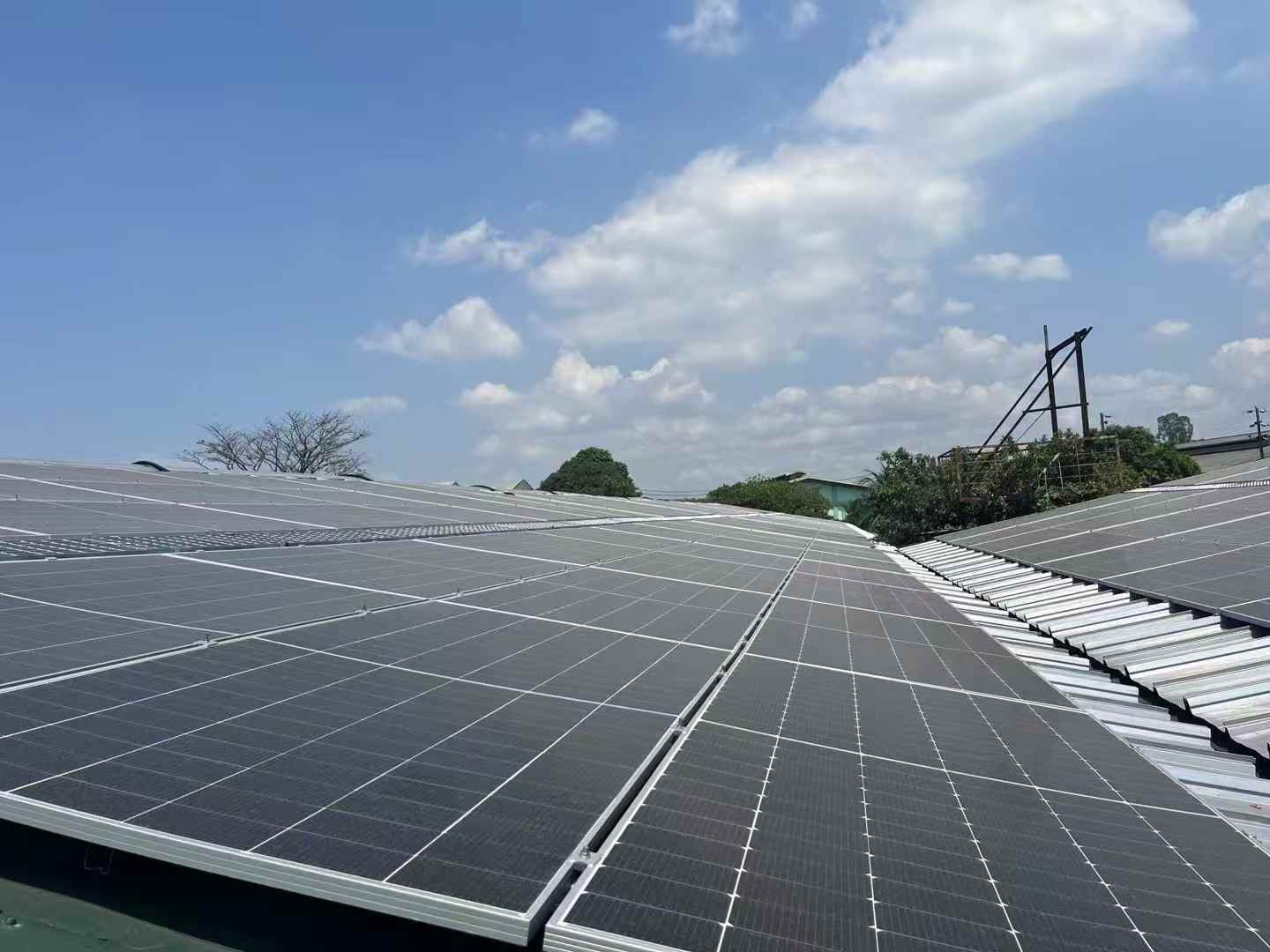
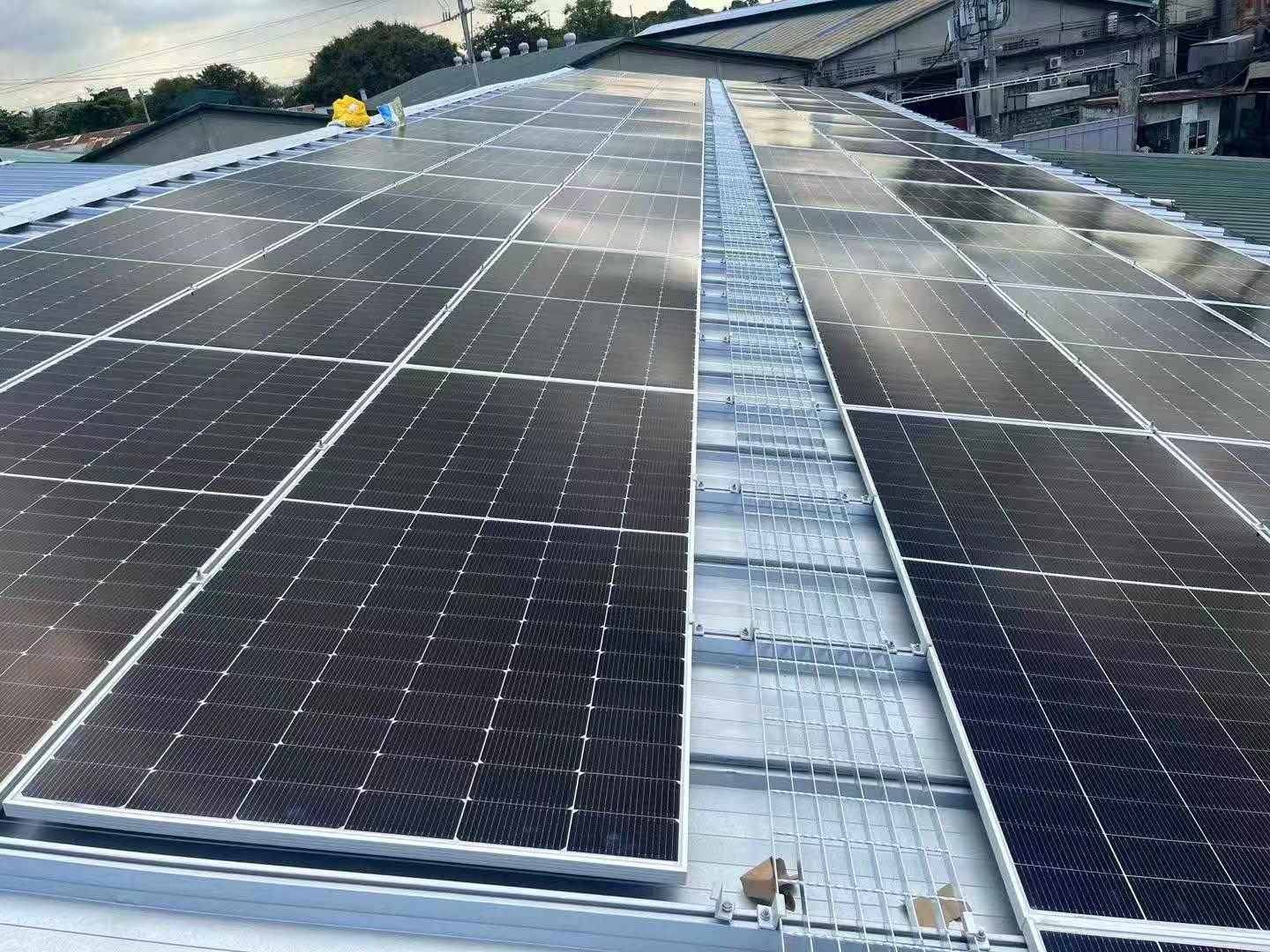
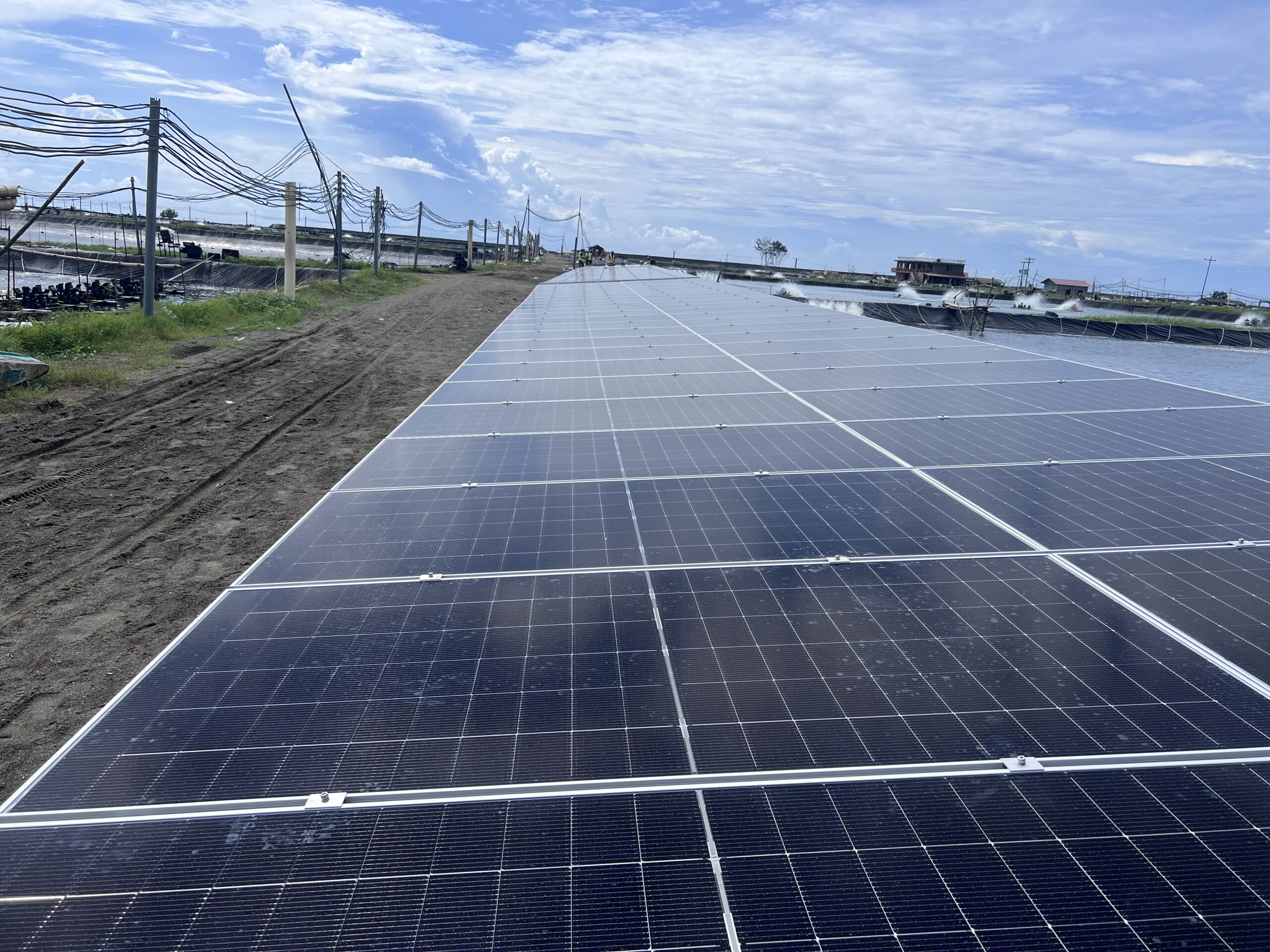
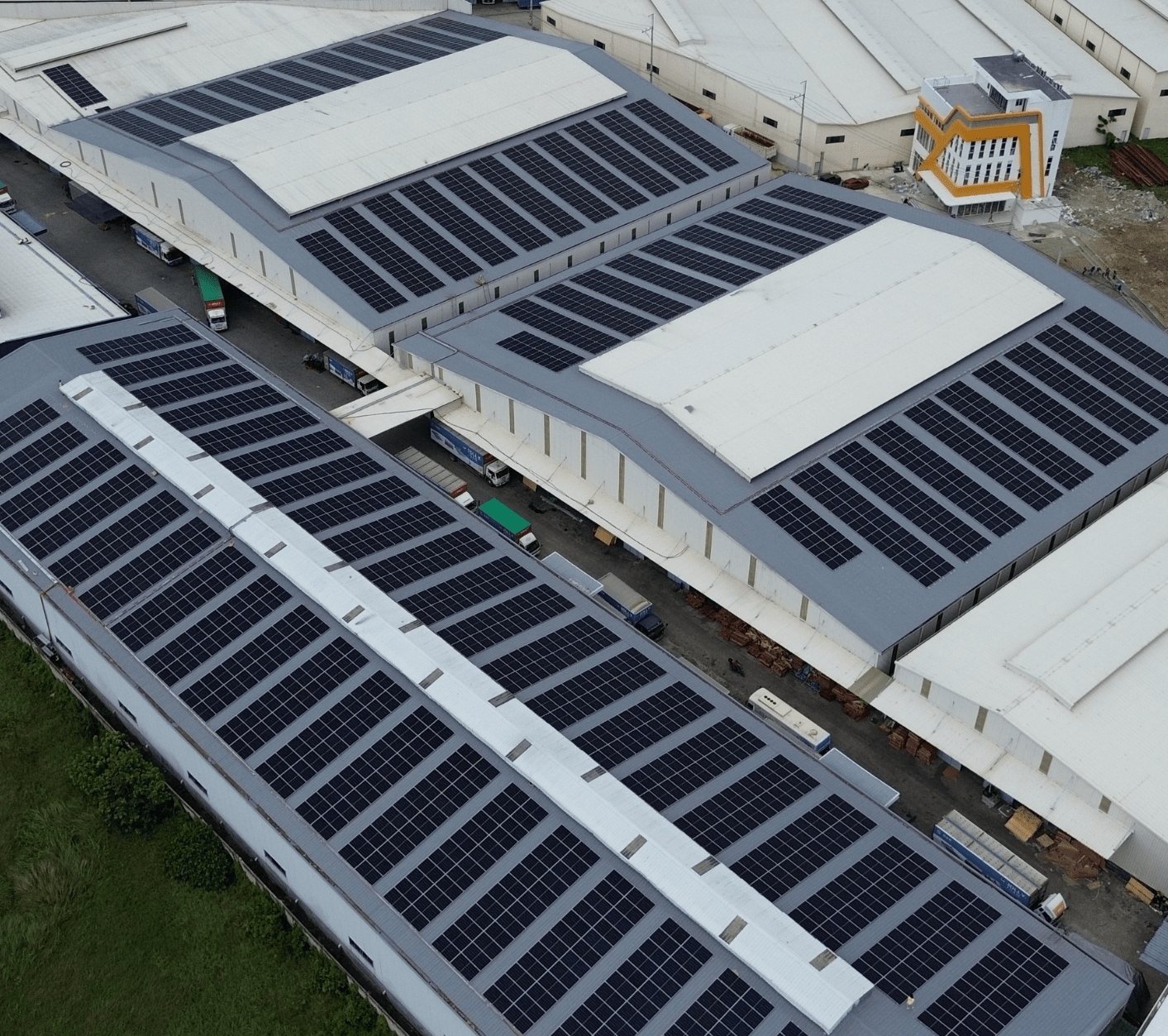
Empowering a sustainable future with cutting-edge solar solutions, First Power Solar Inc. is committed to delivering reliable and efficient renewable energy for businesses
Get updates on special events, news & trends